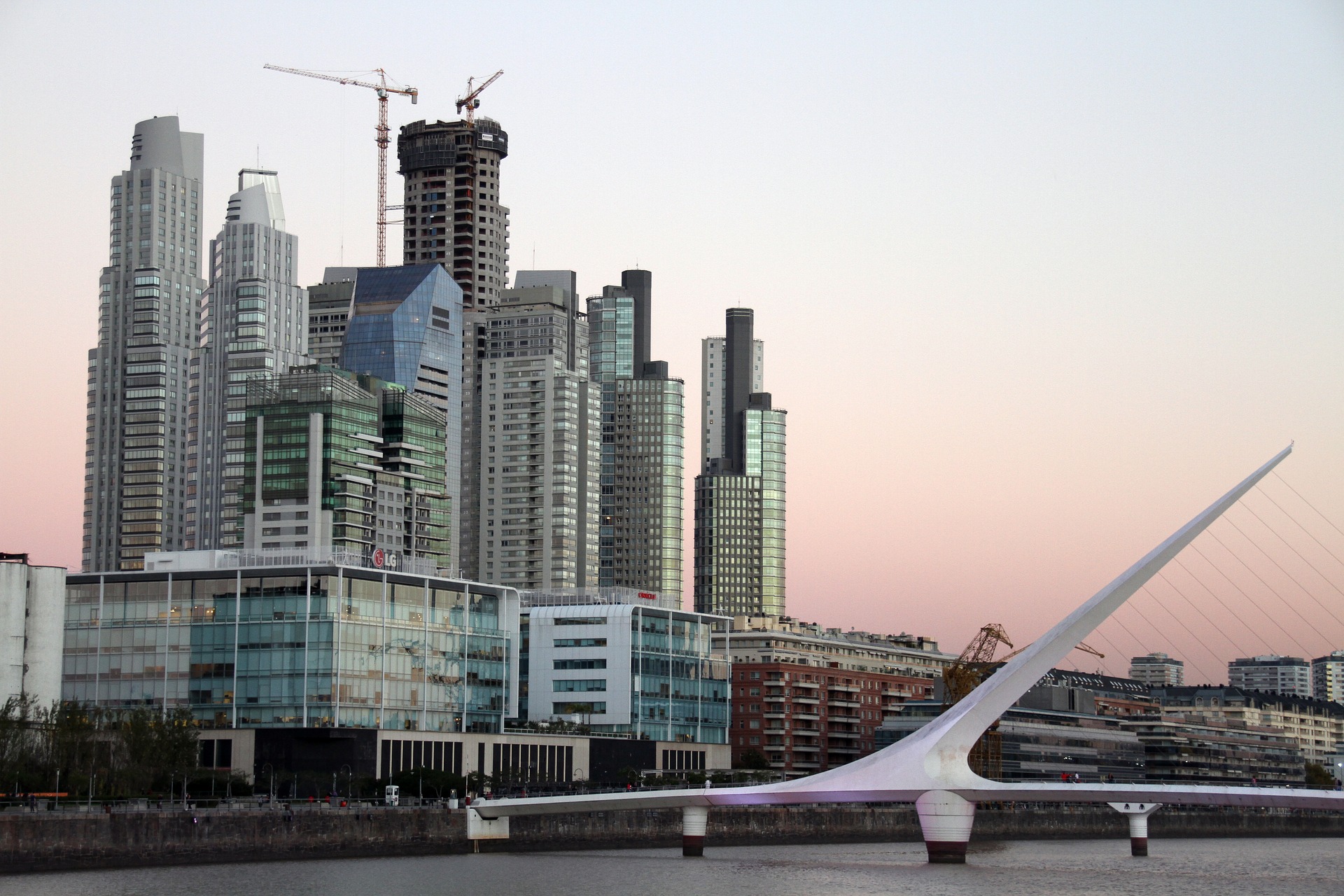Despite years of sky-high taxes on imports and challenges with online transactions, Argentina is still an important force in Latin American e-commerce. The birthplace of MercadoLibre, Latin America’s most popular e-commerce site, Argentina is the fastest-growing e-commerce market in the region, registering up to 28% yearly growth. While Argentina still comes in behind Mexico and powerhouse Brazil, its predicted market share in e-commerce is expected to grow from 8.9% to 14.6% of the region’s total sales volume by 2019. So what is driving this meteoric growth?
It’s a combination of Argentina’s young, Internet-savvy consumer base which is now being aided by President Mauricio Macri’s increased openness to cross-border commerce. Argentina is not new to the e-commerce game. Latin American e-commerce giant MercadoLibre was founded in Buenos Aires in 1999 and now operates in 16 countries, with more than 174.2 million active users in Latin America.
Federico Malek, the founder of Argentina’s second largest e-commerce provider, Avenida.com, which raised a US$30M Series C Round in 2015, also founded Wallooz, which was acquired by Groupon in 2010. Soon after leaving Groupon, Malek received funding to start Avenida.com. However, Avenida almost went under in 2016, letting off 250 staff members, until they were acquired by online marketplace Good People, which restructured the company. (more…)




